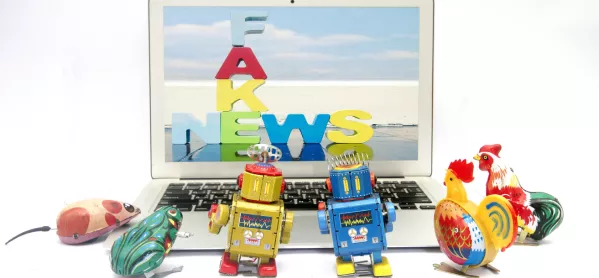More empathy education is needed in times of crisis such as during the coronavirus pandemic to ward off “suppressed xenophobic beliefs”, new research has shown.
Educators must focus on developing pupils’ empathy during pandemics to ensure they can identify misinformation, according to research paper What does “crisis” education look like? from the journal International Research in Geographical and Environmental Education.
“During these times of crises, how information is produced and consumed has immense impact on society and economy, and education has an important part to play in ensuring that people are able to interpret accurately the information they come into contact with,” the study states.
Coronavirus and schools: LIVE 26/3
Coronavirus: ‘Test all teachers to keep them safe’
Coronavirus: 4 lessons from a self-isolating teacher
The research notes that the spread of misinformation during the coronavirus outbreak has led to xenophobic attacks on people of Asian appearance, and emphasises that children need to be taught how to sift through information to avoid succumbing to prejudices.
“We need to teach children how to identify risk and manage crisis within the social contexts of their society. Our education for times of crisis is lacking,” it says.
The paper advocates for the use of “social learning”, stating that pupils must be taught to discern likely falsehoods on social media, and that curricula should cover “the use of social media and especially how, during times of extreme natural events, people can inadvertently become racist”.
The paper, published by Gillian Kidman and Chew-Hung Chang of Monash University, Australia, and the National Institute of Education, Singapore, identifies Covid-19 as a social phenomenon as well as an epidemiological one, and states that “education for crises such as this should include teaching about the need for empathy”.
“We need to teach students and the general public that, in times of crisis, people’s abilities are compromised, and we say and do things we would not normally say or do. We need to be aware of this and be equipped to perform under these times of uncertainty and pressure,” it states.
The paper concludes that pupils’ interest in extreme natural events such as the coronavirus epidemic could be sustained through practical, enquiry-based learning, adding “it is a great challenge for geography and environmental education to develop and contribute to enhancing social media use awareness by taking into account the aforementioned aspects”.




